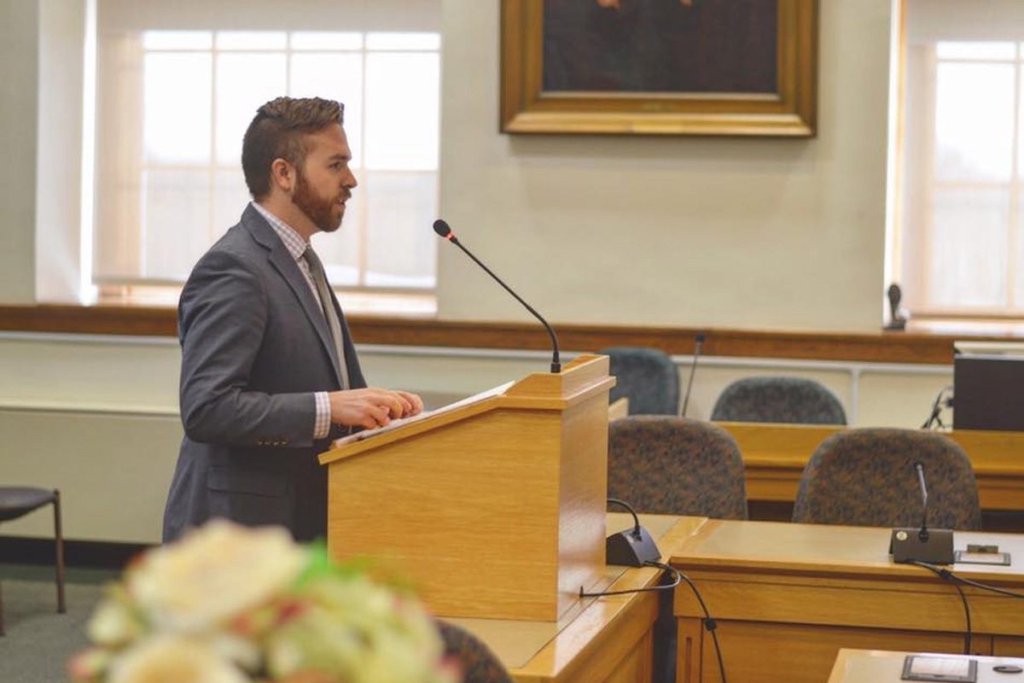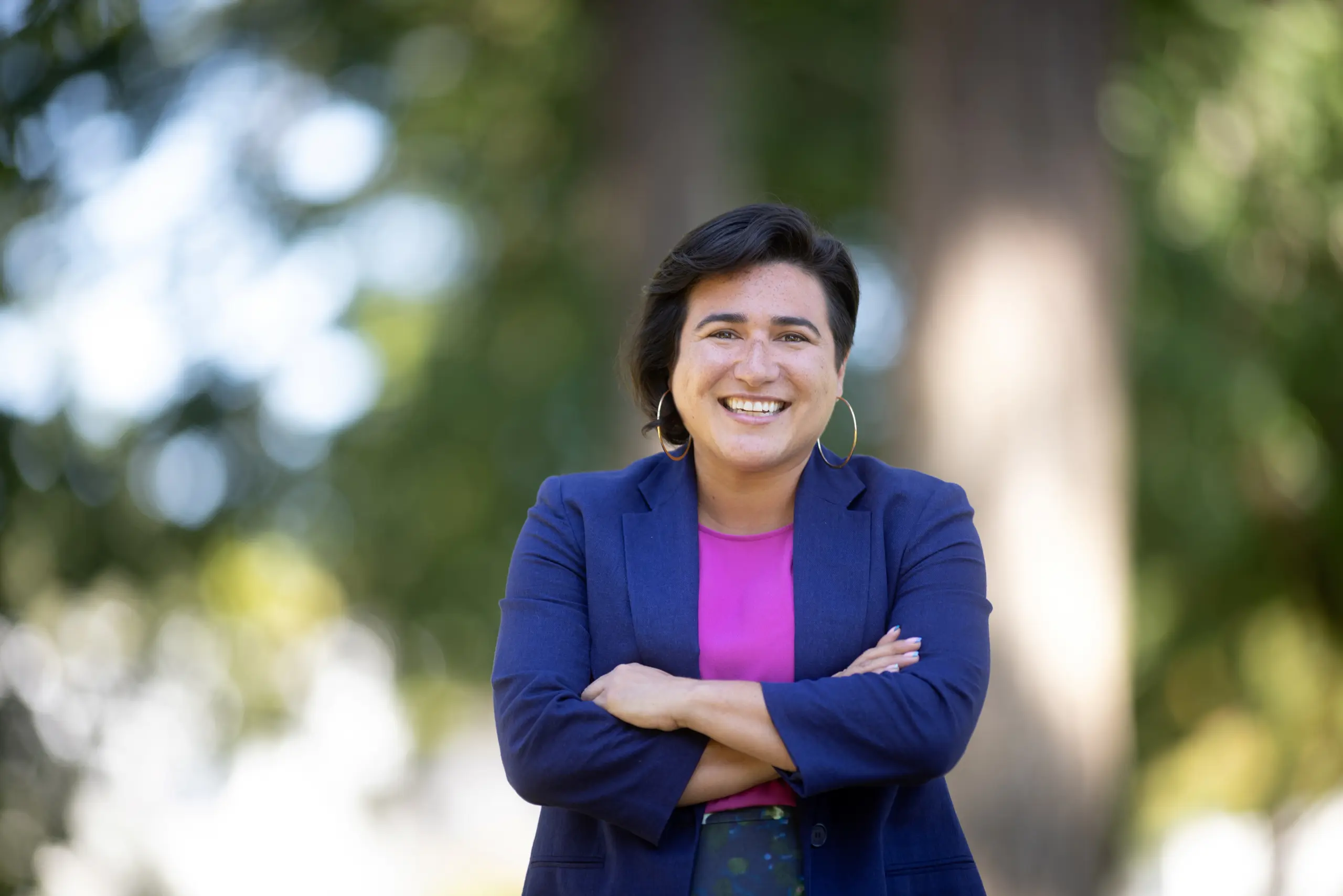
Conversion therapy is quickly becoming a focal point for Victory Fund candidates in 2018.
Last Thursday, the New Hampshire House passed a conversion therapy ban 179-171 a month after voting it down by a single vote. State Representative Henry Parkhurst voted against the original bill in error and requested a parliamentary procedure for reconsideration. The move also gave about 20 state reps who were absent during the initial vote a second chance. State Representative and 2016 Victory Fund endorsee Ed Butler told NHPR, “This bill encourages good counseling and therapy. What it prohibits is what every reputable professional physical and mental health care organization around the world says is damaging to the well-being of all children and teenagers: conversion therapy.”
In Michigan, 2018 Victory Fund endorsees State Representatives Jon Hoadley and Jeremy Moss co-sponsored House Bill 5550 in the wake of a scandal at Metro City Church in Detroit. The church had advertised a $200 “Unshamed Identity Workshop” aimed at “girls by birth between the ages of 12-16 who are struggling with the thoughts that they are trans, bi, gay or other.” Hundreds of LGBTQ activists demonstrated outside Metro City Church and prompted pro-equality leaders to demand an investigation into past workshops at the facility.
Our current gubernatorial candidate Rich Madaleno introduced similar legislation in the Maryland Senate. Madaleno added, “Conversion therapy denies young people their humanity. It is a cruel practice that has no basis in science. With teen suicide rates on the rise, we should do everything we can to encourage young people to live true and fulfilling lives.”
While testifying for his own legislation on Wednesday, 2018 Victory Fund endorsee Maine State Representative Ryan Fecteau confirmed that he was once pressured by a school administrator to look into conversion therapy and that he even experienced suicidal ideation while struggling with his identity:
“There is nothing more painstaking than to admit that you’ve contemplated suicide. It’s something I’ve only said aloud a few times now. I am so lucky and grateful to have persevered with the help of so many other supportive persons in my life. I am so thankful to be here today, as a state legislator, to present this bill, because I know there are young people who are far more vulnerable than I was back then. I want to protect them from the harm that would come from a trusted professional telling them, one way or another, that they are broken, that the core truth of who they are is wrong and even disgusting. And I know you do, too.”
The Williams Institute estimates that 698,000 LGBTQ adults in the U.S. have received conversion therapy (about half of them as adolescents) and that 20,000 LGBTQ youth will receive conversion therapy from a licensed health care professional in the 41 states that do not currently ban the practice. As study after study has confirmed, conversion therapy is strongly correlated with depression, substance abuse, social withdrawal, decreased self-esteem and suicidal ideation and poses substantial public health risks. That may explain why four of nine statewide bans have been signed by Republican governors, signaling this may be a rare instance of emerging bipartisan consensus.
